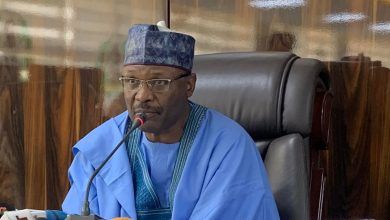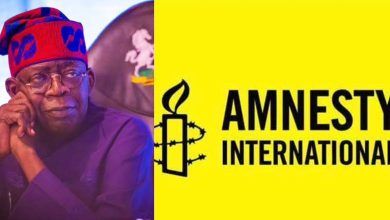
Nigeria’s telecommunications industry is undergoing a major infrastructure overhaul as operators begin deploying over $1 billion worth of new network equipment primarily sourced from Chinese manufacturers to tackle widespread service quality challenges.
The Nigerian Communications Commission (NCC) confirmed that shipments of the equipment began arriving in early June, with mobile network operators already rolling out deployments nationwide. The move follows years of underinvestment and growing frustration from the country’s 160 million telecom subscribers.
“The ordered equipment has started arriving, and deployment has already begun in earnest by the Mobile Network Operators,” said NCC Executive Vice Chairman, Aminu Maida. “They are on course to meet the Q4 deadline for significant Quality of Experience enhancements.”
A Turning Point for a Stretched Industry
This large-scale investment, backed by the recently approved 50% tariff increase, marks the most significant capital injection into Nigeria’s telecom sector in more than a decade. Telcos had long warned of the deteriorating state of their infrastructure, worsened by inflation, energy costs, and foreign exchange volatility.
With the revised tariffs and recent settlement of USSD debts by Nigerian banks, operators now have the financial bandwidth to reinvest. The current upgrade focuses on expanding 4G coverage, preparing for broader 5G rollout, and improving core network stability.
“As the regulator, we collaborate closely with operators to streamline deployment plans and navigate complex dependencies. All major players have submitted their strategies, which we are rigorously monitoring,” Maida added.
Expect Visible Improvements by Q4
The NCC says Nigerians can expect noticeable improvements in call quality, internet speeds, and overall network stability by the fourth quarter of 2025.
“This is a national effort with massive logistics challenges. Still, telcos are committed to their enhancement plans, and we are steadfast in holding them accountable for consistent progress,” Maida assured.
Rural and underserved areas, often plagued by weak or non-existent connectivity, are also expected to benefit as operators extend coverage.
Backing from Key Stakeholders
Industry stakeholders and consumer advocates have welcomed the upgrade. Adeolu Ogunbanjo, President of the National Association of Telecommunications Subscribers (NATCOMS), praised the timing and scope of the investment.
“Quality of service is what subscribers truly need. It’s encouraging to see the NCC leading from the front. This is a major boost for one of Nigeria’s largest economic sectors,” he said.
Ogunbanjo also noted that the recent financial stability in the sector fueled by tariff adjustments and debt recovery has created the ideal environment for long-overdue infrastructure investments.
“Now that the banks have cleared their USSD debts, and the tariff review is in place, telcos finally have room to breathe and build,” he added.
Why It Will Take Time
Despite the progress, telecom experts warn that large-scale rollouts take time and are subject to supply chain and regulatory delays.
“These are not shelf-ready items,” said Tony Emoekpere, President of the Association of Telecommunications Companies of Nigeria (ATCON). “Manufacturing alone can take up to three months. Add shipping, customs clearance, and on-ground deployment and you’re looking at six months minimum.”
While major OEMs like Huawei and ZTE were not officially confirmed as suppliers, both are believed to be leading partners in the ongoing upgrade.
Emoekpere urged the public to manage expectations while operators work on modernizing networks, improving power resilience, and maintaining existing infrastructure.
“Network expansion is complex and capital-intensive. But this upgrade is a long-awaited step in the right direction,” he concluded.
Supporting a $75 Billion Digital Economy
The NCC says the upgrades will play a pivotal role in boosting Nigeria’s $75 billion digital economy. With broadband penetration still hovering below optimal levels, the improvements are expected to unlock new digital opportunities and enhance user experience nationwide.
“This is more than a technical upgrade it’s a national transformation effort. We will continue to engage stakeholders and ensure that the promises made to Nigerians are fully delivered,” Maida affirmed.





